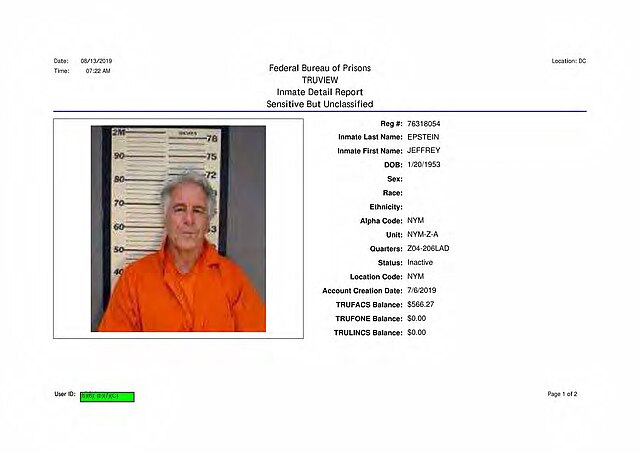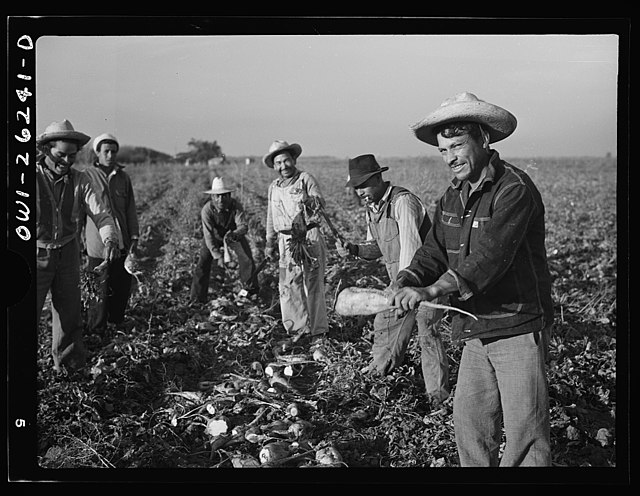
Journalist and author Julie K. Brown from the Miami Herald’s Investigative Team, joins This Is Hell! to talk about her work uncovering and investigating the Epstein Files, which can be found on her Substack, where she is still breaking new stories on the case.
We will have new installments of Rotten History and Hangover Cure. We will also be sharing your answers to this week's Question from Hell! from Patreon.
Help keep This Is Hell! completely listener supported and access bonus episodes by subscribing to our Patreon.
Welcome to the Moment of Truth: the wooden stake that is the hammer. Very difficult to use.
It snuck up on us one day while we were listening to Pete Seeger and reading the diary of Anne Frank, and listening to Bessie Smith and reading Edward Said, and listening to Chumbawamba and reading Frantz Fanon. The agents of rot swarmed in. They came at night. They used the silence and darkness to conceal their purpose and their protocols.
Or, maybe it was obvious. You were listening to Martin Luther King, Jr. inspiring you to action against the smug, violent, comfortable bosses, leaders, and owners. The FBI and the Ku Klux Klan could be plainly seen hovering around him, making threats that had nowhere to go but into execution. And then he was killed. Everyone was getting assassinated except the people who really needed assassinating. They were cruisin’ for an assassinatin’. They were clammoratin’ for an assassinatin’. They were dunning for a gunning. But they never got it. Only the decent people did, plus John F. Kennedy.
Rachel Carson, Joe Hill, W.E.B. du Bois, Jacques Cousteau, Virginia Wolfe, Malcolm X, Eugene V. Debs, Shirley Chisholm, Fanny Lou Hamer, Ho Chi Minh, did they all live in vain? Were they all killed by werewolves? The current thinking is that they were. Were they all killed by the same werewolf? Current theories say, “probably.” Does that mean they all live on as werewolves now? Yes. E.O. Wilson recently became a werewolf, in case you missed it.
What exactly is a werewolf? A lot of ignorant people will try to tell you. On a podcast called “Supernatural,” a not-very-persuasive voice named Ashley Flowers tried and did a crap job. She began by asserting that “we always cast extremely attractive men to play them in movies, like Michael J Fox, Hugh Jackman, and Taylor Lautner.”
Okay, Michael J. Fox was in Teen Wolf. Taylor Lautner was in that Twilight garbage. Hugh Jackman? Is she mistaking Wolverine for a werewolf because of his suggestive facial hair? No, right, he was a werewolf in Van Helsing. I didn’t remember that either.
The writer of that first clause, “We always cast extremely attractive men to play them in movies,” must have a pop culture memory the depth of Zambonied fruit leather. The original actor to play the Universal pictures wolfman was Lon Chaney, Jr., not a glamorous ingenu by any measure. Actually, downright... read more



